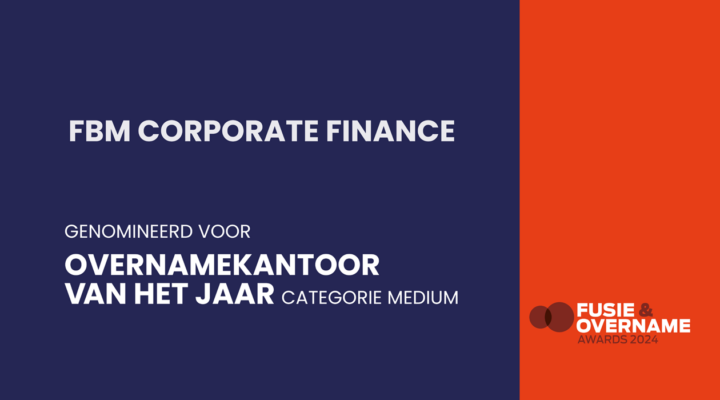When selling a business, an earn-out is often one of the negotiating points. An earn-out arrangement is an agreement in which part of the agreed sale price of the company depends on the financial results in the coming years. What are reasons to include an earn-out arrangement and what aspects should you pay attention to as a selling party?
Reasons to agree on an earn-out arrangement
Reasons for agreeing to an earn-out could include:
- Ensuring commitment of the selling entrepreneur to the business in the first years after the sale.
- If the valuation is based on future growth, then parties can agree that if these results are actually realized a part of the price will be paid for these yet to be realized results; the earn-out.
- If the buyer cannot finance the acquisition price all at once, part of the amount can be paid from future cash flows or profits.
Points to consider in an earn-out arrangement
There are many logical reasons to include an earn-out. Especially for the buyer, it can offer significant advantages. It is therefore often one of the conditions that the buyer attaches to an offer. However, there are also important points of attention associated with an earn-out construction.
- Earn-outs are often based on future financial results, such as profit and revenue targets. However, profit can be determined in a variety of ways and is affected by such things as depreciation periods, revenue allocation to periods, reserves and internal transfer pricing with other companies within a group.
- Earn-out arrangements can be calculated most cleanly when the business continues stand-alone and when administration continues in the same way. But often the very purpose of a sale is to integrate companies with each other. Just then, the earn-out calculation will become open to multiple interpretations.
- Deferred payments always involve collection risks. If the buyer’s liquidity fails in the future, the seller runs the risk that the earn-out cannot be paid.
Negotiation points in an earn-out arrangement
Despite these drawbacks, an earn-out will often be part of a sale. In the negotiation, it is important to ensure that:
- Proper definitions, calculation examples and scenarios are created to avoid ambiguities as much as possible.
- The proportion of the total purchase price made contingent on the earn-out is acceptable.
- The term of the earn-out arrangement is in line with the reason to include an earn-out and is not unnecessarily long.
- Guarantees are included with respect to collection risks.
The right advisor
When selling your business, choosing the right advisor who is a good fit is very important. FBM Corporate Finance has guided many business sale and purchase processes. We know the process well and have a broad network for sale and purchase. The advisors of FBM Corporate Finance assist entrepreneurs in a personal manner.
Paper: 10 steps to a successful sale of your business
The decision has been made. You want to sell your business. But how does that work? Based on our vast experience, we share in this roadmap the 10 steps to a successful business sale. That way, you will have a better idea of what to expect. Based on our vast experience, we share in this roadmap the 10 steps to a successful business sale. That way, you will have a better idea of what to expect.







